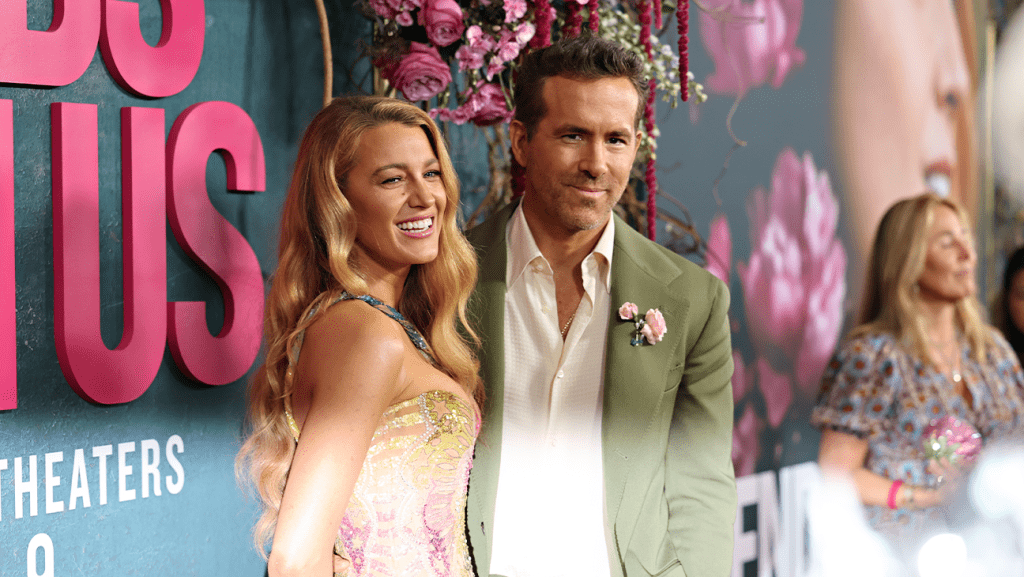Ryan Reynolds Defends Against Defamation Claims by Justin Baldoni
Ryan Reynolds contends that he did not defame Justin Baldoni, asserting that he honestly believes the It Ends With Us director has engaged in predatory conduct.
Legal Defense Strategy
In an effort to dismiss Baldoni’s lawsuit filed on Tuesday, Reynolds argues that the criteria for defamation claims against public figures are stringent. To prove defamation, it must be shown that any allegedly slanderous remarks were made with knowledge of their falsity or with reckless disregard for the truth. He invokes First Amendment rights, highlighting Baldoni’s past remarks regarding accusations of mistreating women and the erosion of consent boundaries.
Lack of Supporting Evidence
In the legal filing, Michael Gottlieb, Reynolds’ attorney, states that Baldoni’s lawsuit “does not allege any plausible facts” suggesting that Reynolds’ statements were interpreted in a manner other than his genuine belief about Baldoni’s character.
Details of the Ongoing Legal Struggles
This filing occurs amidst a broader legal conflict involving Blake Lively and Baldoni, where both sides accuse each other of conducting a smear campaign. Following Lively’s lawsuit, Baldoni retaliated with his own claims of extortion and defamation. Allegations against Reynolds include claims that he called Baldoni a “sexual predator” during a conversation with an executive from WME and pressured the agency to sever ties with Baldoni.
Counterclaims from Baldoni’s Legal Team
Baldoni’s lawyer, Bryan Freedman, criticized Reynolds for leveraging his significant Hollywood influence, claiming that Reynolds has been instrumental in defaming Baldoni and undermining his career. Freedman insists that Reynolds should not be dismissed from the case due to his allegedly extensive involvement.
Defining the Allegations
In the motion to dismiss, Reynolds argues that Baldoni fails to specify any defamatory statements made by him. He also asserts that any accusations of referring to Baldoni as a “predator” during his conversation with WME lack substantiation, including details about the conversation’s context.
First Amendment Rights and Public Statements
Regardless of Baldoni’s ability to prove defamation, Reynolds maintains that his statements should be viewed as opinions rather than facts. He cites Baldoni’s own acknowledgments of past misconduct toward women as context justifying his opinion. Reynolds’ legal team firmly believes that this case should be dismissed, reiterating that the claims presented by Baldoni lack the necessary foundation to proceed.



